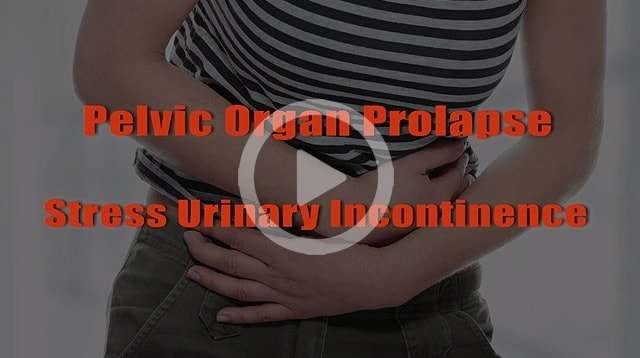Transvaginal mesh is a medical device that is used to treat pelvic floor disorders, or PFDs, in women. Some women experience pelvic floor disorders when physical stress causes the connective tissue in the vaginal wall to collapse. This can lead to serious medical conditions such as pelvic organ prolapse (POP) and stress urinary incontinence (SUI).
Transvaginal mesh may be surgically implanted in the vaginal wall to help support connective tissue and keep the pelvic organs in place. However, the use of transvaginal mesh has been linked to severe side effects in many women, including:
- Pain
- Infection
- Organ perforation
- Tissue erosion
Many women that received transvaginal mesh have suffered severe side effects and have had to undergo painful and expensive revision surgeries due to dangerous product defects.
FDA Warnings
The Food and Drug Administration (FDA) first issued a warning concerning the safety of transvaginal mesh procedures in 2008. At the time, the FDA had received over 1,000 complaints from patients that had suffered serious medical complications after undergoing transvaginal mesh surgery. At the time, the FDA warned medical professionals to inform their patients about the possible risks of receiving transvaginal mesh.
Despite this warning in 2008, many women continued to receive transvaginal mesh for treatment of POP and SUI. This lead the FDA to issue a second safety communication about transvaginal mesh in 2011.
In their 2011 warning, the FDA advised doctors that they had received an additional 2,874 reports of medical complications following transvaginal mesh surgery since their initial safety communication. It also advised medical professionals that serious health risks associated with transvaginal mesh were “not rare.”
Finally, in January of 2016, the FDA upgraded its safety requirements on transvaginal mesh. The FDA’s 2016 announcement upgraded transvaginal mesh from a Class II “moderate-risk” device, to a Class III “high-risk” device. This announcement also increased the amount of premarket testing required for transvaginal mesh to receive FDA approval.
Pelvic Organ Prolapse (POP) and Stress Urinary Incontinence (SUI)
Unfortunately, pelvic organ prolapse (POP) is a relatively common medical condition that occurs in 30 to 50% of women, according to the FDA. When the connective issue of the vaginal wall becomes damaged, it can cause pelvic organs such as the bladder, uterus, and rectum to prolapse, meaning to slip out of place. Stress urinary incontinence (SUI) is a medical condition that causes the bladder to leak duruing to common physical activities such as laughing, coughing or sneezing.
A 2011 study in the New England Journal of Medicine found a link to severe medical complications in women that received transvaginal mesh to treat pelvic organ prolapse (POP) and stress urinary incontinence (SUI). These complications included increased risk of bladder perforations, pelvic hemorrhage, and other adverse events post-surgery.
Henson Fuerst Can Help
In 2008, the FDA advised doctors that patients may experience serious health risks and additional revision surgeries following transvaginal mesh surgery. By 2011, the FDA had received nearly 4,000 complaints of serious medical complications related to the use of transvaginal mesh. Despite these clear warnings, many patients continued to receive dangerous and defective transvaginal medical devices.
Revision surgeries to correct the complications caused by defective transvaginal mesh can be expensive, painful and require long periods of physical recovery. If you or a loved one suffered injuries or required additional revision surgeries after receiving transvaginal mesh to treat POP or SUI, call the experienced North Carolina Product Liability attorneys of Henson Fuerst at (919) 781-1107 or fill out a free consultation form online.
When you call Henson Fuerst, you will receive a FREE, confidential consultation with one of our experienced Defective Product attorneys. We will purse your case with dedication and compassion and do everything in our power to ensure that your rights are protected. You will never pay an attorney’s fee up front, and you owe us nothing unless we achieve a recovery for you.
